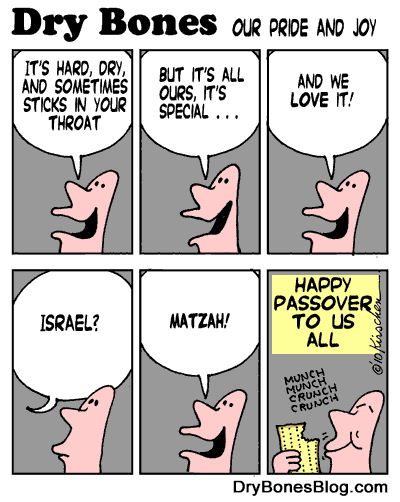The Community Security Trust (CST) recently published its annual report (available here) on the topic of Antisemitic Discourse in Britain for the year 2015.
The section of that report documenting reactions to the 2015 terror attacks at the Hypercacher supermarket in Paris and the Synagogue in Copenhagen includes:
“…examples show[ing] a range of mainstream media and political responses to the Paris attacks […]. They include cases where hostility to Israel appeared to dictate reactions to the killings of French Jews.”
One of those examples (p 31) is described as follows:
“On 11 January, Tim Willcox of BBC News interviewed a French-Israeli woman attending a rally in memory of the victims of the Paris terror attacks. She expressed concern about persecution of Jews, saying “the situation is going back to the days of the 1930s in Europe”, whereupon Willcox stated:
“Many critics though of Israel’s policy would suggest that the Palestinians suffer hugely at Jewish hands as well”.
Willcox’s response sparked an angry reaction from many commentators. For example, historian Simon Schama tweeted “Appalling of @BBCTimWillcox to imply any and all JEWS (not Israelis) responsible for treatment of Palestinians by hectoring lady in Paris”. Writing in the Spectator, Nick Cohen commented:
“…Of course, Willcox would never say such a thing after the murder of Muslims, and rightly so. He was interviewing an elderly Jewish lady, who was trying to mourn Jews killed for no other reason than they were Jews in a Paris supermarket.
Change the religion – make it Judaism, to be precise. Change Islamism to Israel, and the most grotesque apologies for murder become acceptable; standard even. Jews must bear collective responsibility for Israel’s crimes real and imagined.”
On 12 January, Willcox tweeted a bland apology: “Really sorry for any offence caused by a poorly phrased question…it was entirely unintentional”.”
Readers will no doubt recall that in response to complaints concerning that broadcast, the BBC originally claimed that Willcox’s subsequent apology on Twitter sufficed. Having received a large number of complaints, the BBC then decided to consolidate them. Concurrently, additional complaints made to OFCOM were rejected.
In February 2015 the BBC’s Editorial Complaints Unit provisionally rejected the consolidated complaint, sparking condemnation from the Board of Deputies of British Jews. In May 2015 the ECU finalised its decision. In June 2016 the BBC Trust’s Editorial Standards Committee published its rejection of appeals against that decision.
In short, both the BBC and OFCOM dismissed complaints concerning a statement which Britain’s leading authority on antisemitism categorises as antisemitic discourse, with OFCOM stating that it had:
“…“carefully assessed complaints about alleged antisemitic comments” and “decided not to take the issue forward for further investigation.”
It explained: “While the comments clearly had the potential to cause offence, Ofcom considered a range of factors, including the live nature of this coverage and the need for an appropriate degree of freedom of expression, especially in news coverage of such a significant event.””
As OFCOM prepares to take on its new role as final adjudicator of complaints concerning BBC content, this worrying example once again highlights the need for both it and the BBC to work according to the definition of antisemitism recently adopted by the British government.
Related Articles:
BBC programme flagged up in CST report on Antisemitic Discourse
BBC’s ‘Hardtalk’ featured in CST report on antisemitic discourse
BBC Trust’s ESC rejects complaint about Tim Willcox’s ‘Jewish faces’ remark



